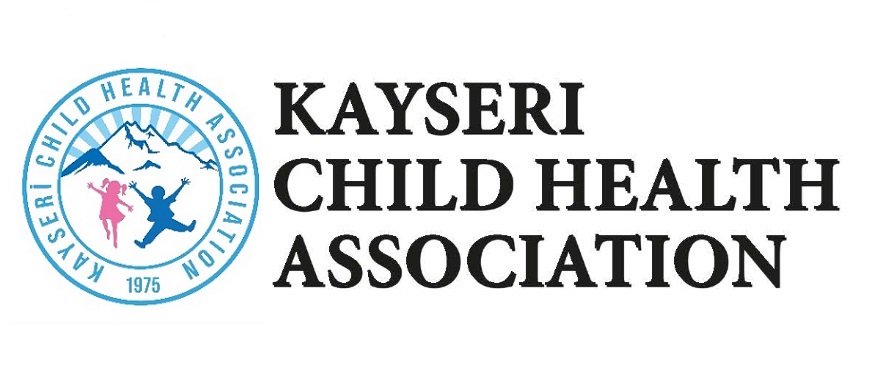Postinfectious Bronchiolitis Obliterans
PIBO
Keywords:
Bronchiolitis Obliterans, Postinfectious Bronchiolitis Obliterans, mosaic patternAbstract
Childhood bronchiolitis obliterans (BO) is an uncommon complication that is characterized clinically by persistent and continuous obstructive respiratory symptoms, and has been described secondary to various etiologic factors, including drugs, exposure to toxic fumes, allergic reactions, collagen vascular disease or infections. BO occurs most commonly in children after an episode of acute bronchiolitis and is considered a long-term sequela of viral infection.
Postinfectious Bronchiolitis Obliterans (PIBO) is characterized by persistent airway obstruction with functional and radiological evidence of small airway involvement that is in general unresponsive to bronchodilator treatment.
Although the condition is relatively rare, and its exact incidence is unknown, it is important to keep it in mind. PIBO is complication of lower respiratory tract epithelial injury, and is often misdiagnosed, delaying recognition and potential treatment. A PIBO diagnosis is usually based on a few factors, including a good medical history, positive clinical findings, and lung function test and imaging results, although biopsy and histopathology remain as the optimum diagnostic approach. There have to date been few studies proposing treatments for the condition, and no accepted protocol exists in literature. There is usually a fixed airway obstruction in PIBO. Various treatment approaches have been extrapolated from studies of post bone marrow transplantations and lung transplant BO. The clinical course is variable, and good supportive therapy is essential, with anti-inflammatory therapy often being employed.
Downloads
Published
How to Cite
Issue
Section
License
Copyright (c) 2021 The Journal of Pediatric Academy

This work is licensed under a Creative Commons Attribution-NonCommercial-NoDerivatives 4.0 International License.









